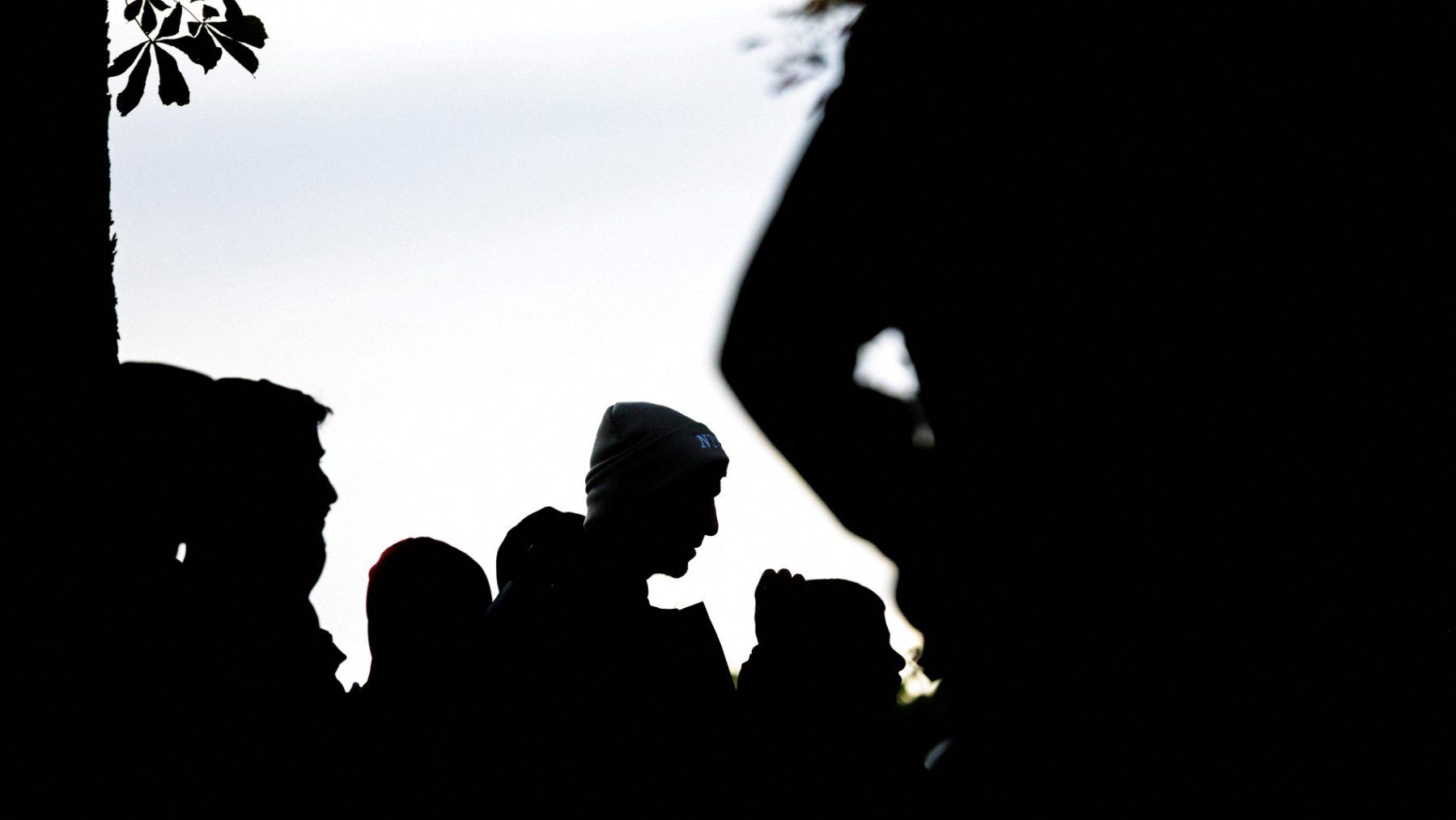
Photo: JENS SCHLUETER / AFP
The decision by Germany to reintroduce temporary checks at all its borders has caused a commotion within the European Union, especially among its neighbours who have expressed outrage at the move.
The Berlin Government announced the decision on Monday, September 9th, in an attempt to curb illegal border crossings by migrants. Interior Minister Nancy Faeser said that border checks within the free-movement zone of the Schengen Area are necessary until the EU’s external borders are sufficiently reinforced through joint action.
The move comes as Germany faces a rise in migrant knife crime and the increasing popularity of the anti-immigration Alternative für Deutschland (AfD) party.
“Such actions are unacceptable from the Polish point of view,” Polish prime minister Donald Tusk said on Tuesday, September 10th, criticising Germany. He added that what Poland needed was not tighter controls on its border with Germany, but more engagement from Berlin and others in securing the EU’s external border.
Poland, unlike Germany, has borders with non-EU countries, and has had to deal with its own migration crisis since Belarus started sending thousands of migrants to the frontiers of neighbouring Poland, Lithuania, and Latvia. Warsaw would rather see more support for its own immigration policies than the introduction of border checks within the EU which could mean more migrants being deported back to Poland from Germany.
Austrian Chancellor Karl Nehammer also expressed his concerns. The leader of Austria, who is campaigning on behalf of his centre-right ÖVP party for the upcoming national elections, said if Germany introduces measures to send more immigrants back across their shared border, Austria would do the same, sending more people eastwards towards the Balkans. “It cannot be that the burden is heaped on Austria,” he emphasised.
Other neighbouring countries were less concerned. Both Denmark and the Czech Republic announced that little would change as there have already been checks at their borders with Germany.
Geert Wilders, leader of the Dutch anti-immigration Party for Freedom, the largest party in parliament, said that his government should follow Germany’s example. “If Germany can do it, why can’t we? As far as I’m concerned: the sooner, the better,” he commented.
Geert Wilders: 'Grenscontroles? Hoe eerder, hoe beter!’ https://t.co/tls9ccfyaf via @telegraaf
— Geert Wilders (@geertwilderspvv) September 10, 2024
Hungary’s conservative leader Viktor Orbán, whose government erected a fence on the southern borders of Hungary—the EU’s external borders—to keep out illegal migrants, wrote on his X account: “Germany has decided to impose strict border controls to stop illegal migration. Chancellor Scholz, welcome to the club!”
#Germany has decided to impose strict border controls to stop illegal migration. @Bundeskanzler Scholz, welcome to the club! #StopMigration
— Orbán Viktor (@PM_ViktorOrban) September 10, 2024
Conservative Swedish MEP Charlie Weimers blamed the European Left for causing the migration crisis and creating conditions where introducing internal border protections has become a necessity. “The refusal by center-left politicians to secure the EU external border and to stop illegal migration is tearing Schengen apart. Not governments wanting to protect their populations. You are the culprit here. Own it.” he tweeted in response to a Dutch liberal politician who denounced the move by Germany for “hurting Dutch and German border communities.”
The refusal by center-left politicians like you to secure the EU external border and to stop illegal migration ("irregular migration" in your Orwellian dictionary) is tearing Schengen apart. Not governments wanting to protect their populations.
— Charlie Weimers MEP 🇸🇪 (@weimers) September 10, 2024
You are the culprit here. Own it.
